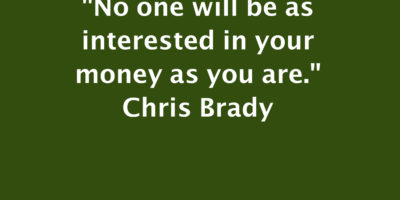An ancient term that has come under attack because of the word “man”.
By definition:
man·kind n. 1. The human race; humankind. (1)
mankind (n.) “the human race,” c. 1300, earlier man-kende (early 13c.), from man (n.) + kind (n.). Replaced Old English mancynn “human race.” Also used occasionally in Middle English for “male persons” (late 14c.), but otherwise preserving the original gender neutrality of man (n.). For “menfolk, the male sex,” menkind (late 14c.) and menskind (1590s) have been used. (2)
I don’t understand why after centuries this term has become controversial. It has stood for the human race since about the 1300’s. I think it is disingenuous for groups to disparage our own kind and terminology. This post I found on Today I Found Out sums up many of my thoughts quite well:
It wasn’t until about a thousand years ago that the word “man” started to refer to a male and it wasn’t until the late 20th century that it was almost exclusively used to refer to males.
Before “man” meant a male, the word “wer” or “wǣpmann” was commonly used to refer to “male human”. This word almost completely died out around the 1300s, but survives somewhat in words like “werewolf”, which literally means “man wolf”.
Women at the time were referred to as “wif” or “wīfmann“, meaning “female human”. The latter “wifmann”, eventually evolved into the word “woman”, but retained its original meaning. The word “wif” itself eventually evolved into “wife”, with its meaning obviously being changed slightly.
Interestingly, the word ‘men’, meaning “to think” or “to have a cognitive mind”, was also gender neutral and connected to “man”, which meant “the thinker”. So we can see from that how “man” originally referred to all humans.
Largely due to the stigma that using the word “man” meaning “humans” is supposedly sexist, despite its original meaning, the use of the word “man” in that fashion has all but disappeared in the last 50-100 years, with it now only showing up in words like “human” and “mankind” as referring to both male and female. Even those instances still garners quite a bit of controversy in terms of being thought of as sexist, despite these words predating the point when “man” meant “male” only. (3)
We call all lions, lions. Yes, there is a term specifically for girl or lady lions … lioness. We have specific words to describe homo sapiens ladies … we call them females; which comes from the Latin femella. It was later changed in the English language to reflect the spelling of male, in the 14th century. (4)
Words have meaning. Unfortunately, in American society we are seeing the willful subversion of terminology and it is causing the destruction of our language and the meaning of words. This causes people to not understand the context of a discussion or the true meaning of a person’s (or group’s) statements or comments. It would benefit every person to pick up a dictionary from the early 20th century to use as a reference because then people understood the meaning and definition of words.
(2) Online Etymology Dictionary: Mankind
iron wil


